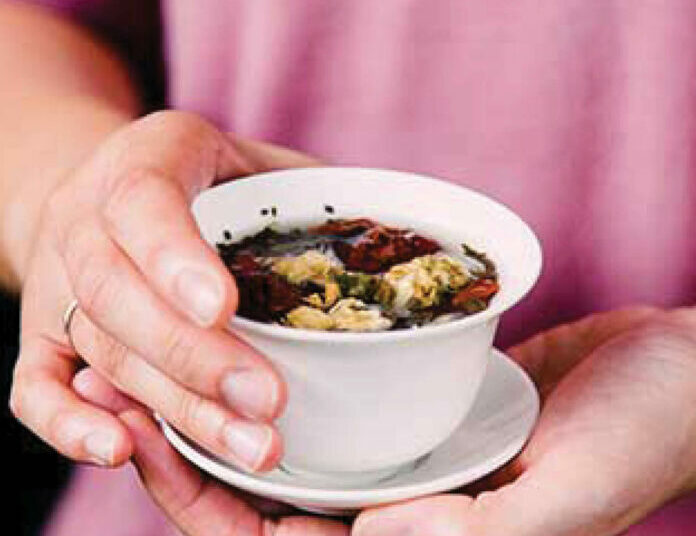For centuries, plants have been humanity’s original pharmacy. Long before hospitals and laboratories existed, people relied on roots, leaves, and bark to heal ailments and soothe pain. Even today, herbal medicine remains a vital part of healthcare across the globe, valued for its natural origins, deep cultural roots, and accessibility.
As herbal remedies gain popularity—often promoted as safer, more “organic” alternatives to conventional pharmaceuticals, important questions emerge. Are these remedies always safe? Do they truly work? And what should people consider before choosing herbs alongside or instead of modern medicine?
The truth lies somewhere in the middle. Herbal medicine has undeniable strengths, but it also carries risks if used without guidance. Understanding both sides helps us make wiser, healthier choices.
The Pros Of Herbal Medicine
Cultural Heritage And Trust: For many families, herbal medicine connects generations through knowledge passed down from elders. This cultural continuity builds trust and accessibility.
Natural Healing Compounds: Many modern drugs are derived from plants, aspirin from willow bark, quinine from cinchona tree bark, and artemisinin for malaria from sweet wormwood. Herbs can provide real medicinal effects.
Accessibility And affordability: Herbal remedies are often cheaper and more readily available, especially in rural or resource-limited areas.
Holistic Approach: Traditional herbal practices often treat the body as a whole, aiming to restore balance rather than just targeting symptoms.
Fewer Side Effects (sometimes): When used correctly, some herbs can cause fewer side effects compared to synthetic drugs, particularly for mild conditions.
The Cons Of Herbal Medicine
Lack Of Standardisation: Unlike modern medicines, herbs may vary in strength depending on where and how they are grown, harvested, and prepared.
Limited Scientific Testing: While some herbs have been studied extensively, many have not gone through rigorous clinical trials. Their safety and effectiveness remain uncertain.
Possible Side Effects: Natural does not always mean safe. For example, excessive use of garlic can thin the blood, and certain herbs can damage the liver or kidneys.
Drug Interactions: Herbal remedies can interact with prescription medicines, sometimes dangerously. For instance, St. John’s Wort can interfere with birth control pills and antidepressants.
Delay In Proper Treatment: Relying solely on herbs for serious illnesses such as cancer, diabetes, or severe infections can lead to harmful delays in getting life-saving modern care.
Safe Use Of Herbal Medicine
Herbal medicine can be part of healthy living if approached with caution and knowledge:
Consult Healthcare Providers: Always inform your doctor if you are using herbal remedies, especially when on prescription drugs.
Buy From Trusted Sources: Poorly prepared or contaminated herbal products can cause more harm than good.
Avoid Self-Dosing: Dosage matters. Too much of an herb can be toxic, while too little may be ineffective.
Be Cautious With Children And Pregnant Women: Their bodies are more sensitive, and many herbs are not safe for them.
Research Before Use: Look for herbs backed by credible studies rather than relying solely on word-of-mouth or advertisements.




